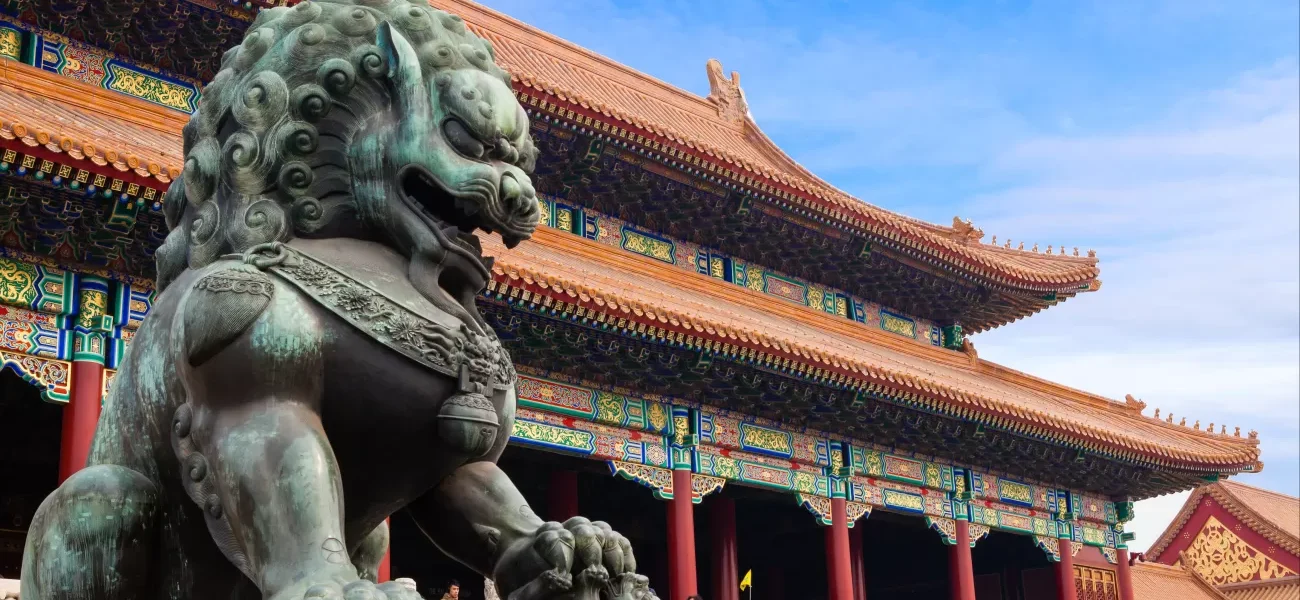China, a nation that proudly claims its communist roots, has seen much of its modern economic success driven by its entrepreneurs and billionaires. These key players in the private sector have fueled the country’s rapid growth, yet Beijing has consistently sent a chilling message: no one, no matter how powerful or successful, is above the party.
In reality, China’s economy is a hybrid of capitalism within a communist framework. A government-backed report illustrates this with the “50-60-70-80” formula, which shows just how crucial the private sector is to China’s economy. This sector:
- Contributes 50% of the country’s tax revenue,
- Accounts for 60% of the GDP,
- Drives 70% of its technological innovations,
- Provides 80% of its urban employment.
Despite the immense contributions of these “golden geese,” Beijing’s approach to managing its business elites is unpredictable, often harsh, and increasingly viewed as risky by foreign investors.
Renaissance Holdings: From Investment Giant to Collapse
One of the latest casualties of China’s crackdown on entrepreneurs is Volt Renaissance Holdings, a boutique investment firm. Once a prominent player in China’s financial landscape, brokering high-profile mergers and IPOs, the company’s fate changed abruptly when its founder, Bao Fan, disappeared in February 2023.
The Chinese government later revealed Bao was under investigation, and his disappearance triggered a freeze on Renaissance Holdings’ stock. As a result, the company’s share prices collapsed by as much as 73%, and it has since struggled to recover. Though it resumed trading earlier this week, the damage had been done. Renaissance Holdings, once a star in China’s investment world, was now crumbling—another example of how quickly fortunes can change under Beijing’s watchful eye.
Sun Dawu: The Pig Farmer Who Challenged the System
Sun Dawu’s story is another cautionary tale. The self-made billionaire, known for his success in pig farming, was convicted in 2021 of various charges, including “picking quarrels” and inciting attacks on state agencies. His real crime, it seems, was speaking out against the Chinese Communist Party.
At 70 years old, Sun is now serving an 18-year prison sentence, essentially a death sentence. For years, he was vocal about the government’s failings and survived—but like many before him, his criticism eventually led to his downfall. Sun Dawu’s case is a clear message to those who dare to challenge the regime.
The Jack Ma Incident: A Billionaire Silenced

Jack Ma, the founder of Alibaba and once the poster child for Chinese entrepreneurship, is perhaps the most famous example of Beijing’s unpredictable grip on its billionaires. In October 2020, Ma criticized China’s financial regulatory system, a bold move that soon backfired. Within weeks, Ma disappeared from the public eye for three months, and his company was fined a staggering $2.8 billion.
When Ma finally resurfaced, he was a different man—keeping a low profile and staying out of the spotlight. Though he hasn’t faced the same fate as other business figures, his case sends a clear message: even the most influential entrepreneurs in China can be swiftly silenced.
Ren Zhiqiang: A Real Estate Mogul’s Fall from Grace
Ren Zhiqiang, a former real estate tycoon, saw his fortunes crumble after criticizing President Xi Jinping’s handling of the COVID-19 pandemic. Soon after, Ren was convicted of corruption and handed an 18-year prison sentence.
Ren’s downfall highlights a common thread in Beijing’s crackdown: whether it’s corruption, embezzlement, or other charges, successful businesspeople who cross the line with the government often find themselves facing serious consequences.
China’s Crackdown Extends Beyond Entrepreneurs
China’s crackdown isn’t limited to billionaires or business tycoons. High-profile actors, athletes, and even tennis players have disappeared after expressing opinions deemed unfavorable by the government. Some, like the case of tennis star Peng Shuai, eventually resurface—but they return to the public eye as shadows of their former selves.
These disappearances and arrests point to a broader issue: dissent in any form is quickly and harshly punished. As Xi Jinping continues to consolidate power, anyone influential enough to pose a potential threat, even indirectly, is at risk of being targeted.
The Bigger Picture: Is China’s Business Environment Sustainable?
China’s private sector plays a critical role in its economic growth, but the recent crackdowns have led foreign investors and companies to reconsider their involvement in the country. If homegrown billionaires like Jack Ma and Sun Dawu can be silenced or imprisoned, what hope do foreign businesses have of operating safely in China?
As Xi Jinping’s government continues to tighten its grip, the message is clear: Beijing may need its private sector to thrive, but no one is safe from the state’s iron-fisted control. China’s growing unpredictability has raised concerns about the long-term sustainability of its business environment.
Conclusion: A Risky Path for China’s Entrepreneurs
China’s billionaires and business elites walk a fine line between success and suppression. Despite their undeniable contribution to the country’s economic miracle, those who challenge the status quo—whether through criticism or simply gaining too much influence—risk losing everything. Beijing’s focus on maintaining absolute control over its entrepreneurs suggests that China’s economic future, while promising, may also be increasingly fraught with risk.
As China continues to navigate its unique blend of capitalism and communism, the world is left wondering: how long can Beijing continue to benefit from its “golden geese” before its harsh tactics scare them—and the foreign investment they attract—away for good?






